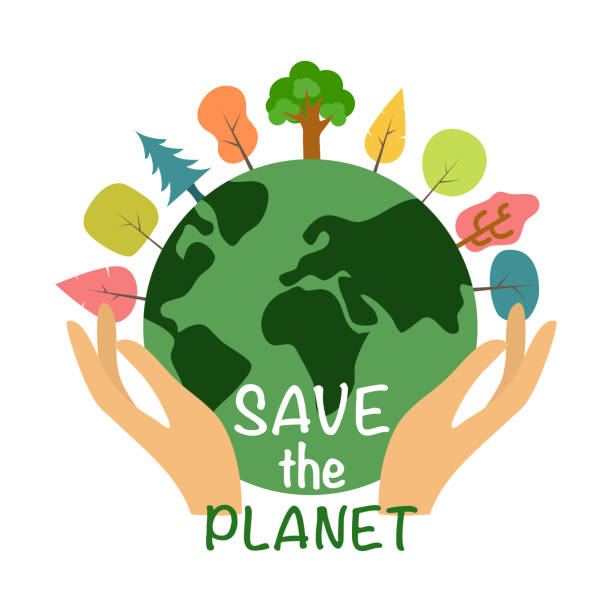Waste Disposal Demystified: Your Guide to a Cleaner Planet
Summary:
Waste disposal is a critical aspect of our daily lives, impacting our environment, health, and the future of our planet. High school students at AIU High School, like you, play a vital role in understanding and practicing responsible waste disposal methods.
Understanding Waste:
Waste is any material or substance we no longer need, and it comes in various forms – from household trash to industrial waste. Proper waste disposal is crucial because the way we manage waste affects our environment significantly.
Types of Waste:
- Organic Waste: This includes food scraps and yard waste. Composting is an eco-friendly way to manage organic waste, converting it into nutrient-rich soil.
- Recyclable Waste: Items like paper, cardboard, glass, and plastic can be recycled to conserve resources and reduce energy consumption.
- Hazardous Waste: Materials like batteries, chemicals, and electronic waste need special handling due to their potential harm to the environment and human health.
- Non-Recyclable Waste: Some items, such as certain plastics and mixed materials, may not be recyclable and should be disposed of properly.
Responsible Waste Disposal:
- Reduce: The best way to manage waste is to generate less of it. Reduce consumption, opt for products with minimal packaging, and avoid single-use items.
- Reuse: Before throwing something away, consider if it can be reused or repurposed. This reduces the demand for new resources.
- Recycle: Familiarize yourself with local recycling programs and guidelines. Sort recyclables properly to ensure they can be processed efficiently.
- Compost: If possible, start composting organic waste like kitchen scraps and yard trimmings to create nutrient-rich soil for gardening.
- Safe Disposal: Hazardous waste should be disposed of at designated drop-off locations to prevent contamination of landfills and groundwater.
Environmental Impact:
Irresponsible waste disposal can harm the environment in several ways:
Pollution: Landfills and improper disposal can contaminate soil and water with harmful chemicals.
Wildlife: Wildlife can ingest or become entangled in waste, leading to harm or death.
Greenhouse Gases: Organic waste in landfills produces methane, a potent greenhouse gas.
Your Role:
As high school students, you can make a significant impact on waste management:
Educate Yourself: Learn about local waste disposal regulations and practices.
Raise Awareness: Share knowledge about responsible waste disposal with friends and family.
Reduce, Reuse, Recycle: Practice these principles in your daily life.
Participate: Get involved in community clean-up events and recycling programs.
Remember, your generation holds the key to a cleaner, more sustainable future. By understanding and practicing responsible waste disposal, you are taking an essential step towards preserving our environment for generations to come.

